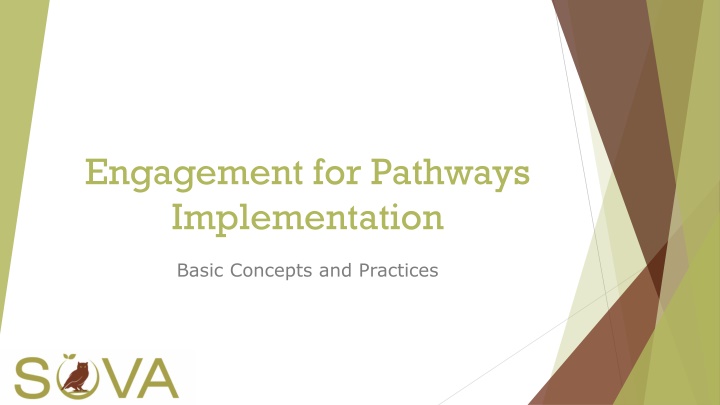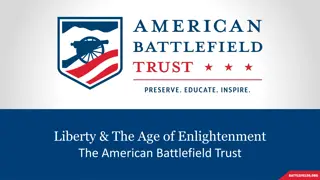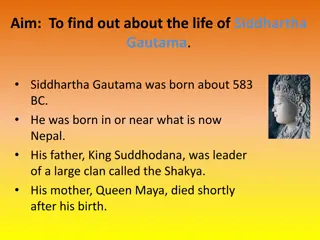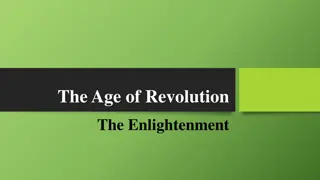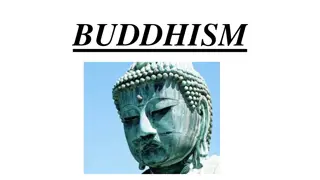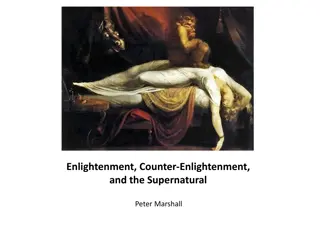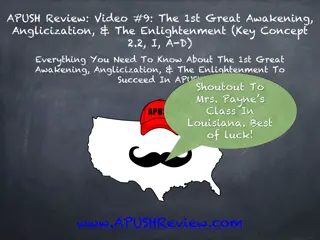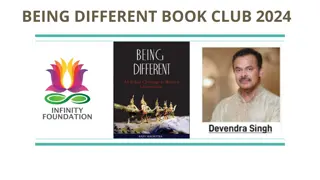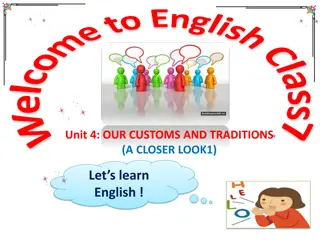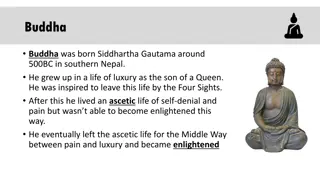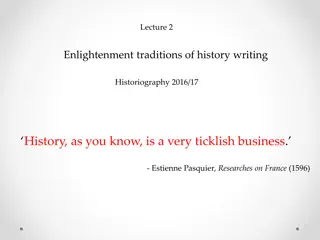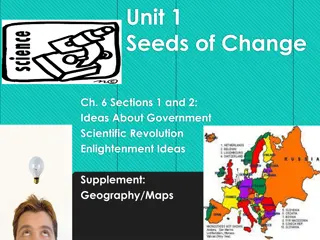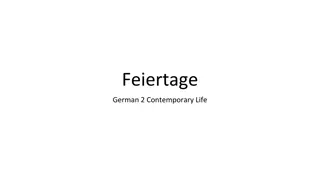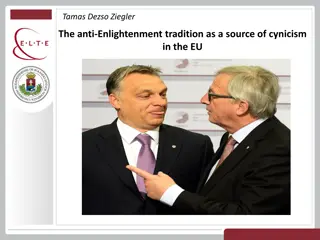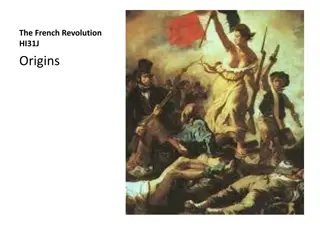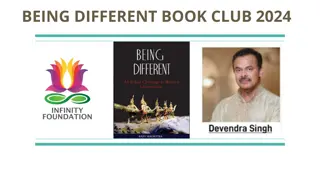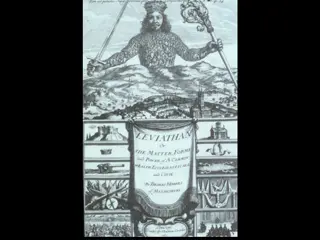Enlightenment Traditions of History Writing
Enlightenment traditions of history writing explored through the perspectives of notable philosophers Immanuel Kant and David Hume. Kant's emphasis on individual reasoning and Hume's critical approach to moral subjects and English history reflect the essence of the Enlightenment era. The quest for intellectual independence and the evolution of historiography are central themes in this examination of the Enlightenment movement.
Download Presentation

Please find below an Image/Link to download the presentation.
The content on the website is provided AS IS for your information and personal use only. It may not be sold, licensed, or shared on other websites without obtaining consent from the author.If you encounter any issues during the download, it is possible that the publisher has removed the file from their server.
You are allowed to download the files provided on this website for personal or commercial use, subject to the condition that they are used lawfully. All files are the property of their respective owners.
The content on the website is provided AS IS for your information and personal use only. It may not be sold, licensed, or shared on other websites without obtaining consent from the author.
E N D
Presentation Transcript
Engagement for Pathways Implementation Basic Concepts and Practices
Questions guiding engagement planning How can administrators and faculty work together in the implementation of pathways? Why is culture change so elusive? What does positive faculty & staff engagement look like? What are the skills and behaviors of enlightened leaders? What approaches (skills, habits and practices) can overcome the most common barriers to successful change initiatives?
Moving Beyond Buy-In A cautionary note Lack of resistance is not the same as acceptance, and even acceptance isn t enough for enduring change Faculty and frontline staff co-ownership is the key to a healthy climate for innovation Passive noncompliance can present greater risks than active resistance
Focus on Climate to Influence Culture Culture Values, beliefs, myths, traditions, and norms that shape experience and behavior Climate Perceptions, expectations, and conditions shape the way people understand their work and each other Difficult to quantify and overwhelming to consider More easily assessed and amenable to change Still a go-to concept in change management for many A focus on climate provides a foothold and is the path to culture building 4
The Role of Meaningful Engagement Characteristics of Meaningful Engagement Early Be clear about which decisions have been made already Often Engage faculty for mid-course corrections, ongoing input and enduring co-ownership Authentic Lead with questions, and take an asset- based approach to listening Err on the side of transparency Follow up and follow through Coordinate efforts, from top to bottom Beware of the Fundamental Attribution Error! Humans have a tendency to overestimate the significance of personality traits and to underestimate the significance of the context and conditions that shape people s responses to change.
Faculty and Staff in a Healthy Climate what we ve seen believe that innovating for better student outcomes is of urgent importance to everyone at the institution, including themselves see a strong connection between personal and professional goals and the innovation being implemented feel respected and valued by colleagues and institutional leadership understand how student success initiatives align with institutional priorities believe they have the support and guidance to be successful in their roles know how proposed changes will impact them day to day
What Enlightened Leaders Do Support Experimentation Use Data for Inquiry, Not Punishment Demonstrate Respect Increase not just data collection capacity but also the capacity to help different groups access, translate, and use data to support change work Insist on data literacy and provide support to make it possible Use data to inspire curiosity and collaboration Lead by listening Demonstrate respect for all members of the campus community Recognize the efforts of others whenever possible Create space for failure, an inevitable part of the process Incentivize innovation materially and structurally Create possibilities for short-term wins
Examples of What Weve Seen Barrier Strategy Misaligned Leadership Assess leadership messaging and align internally first Lack of Authenticity Practice the three tenets of meaningful engagement Connect the dots between change initiatives Initiative Fatigue Create opportunities for collaborative design Resistance to Mandates Understand sources of resistance; find or create new win-wins Fear of Change Make communication continuous, skillful and respectful Ineffective Communication Consider disciplinary expectations relative to institutional incentives Incentive Gaps
Getting Real About the Work No easy answers and no shortcuts Not about eliminating resistance but creating spaces for success Accept that it is not one-time and move on work It s ongoing Plan for culture building as carefully as you plan for technical work For every complex problem there is an answer that is clear, simple, and wrong. H.L. Mencken
